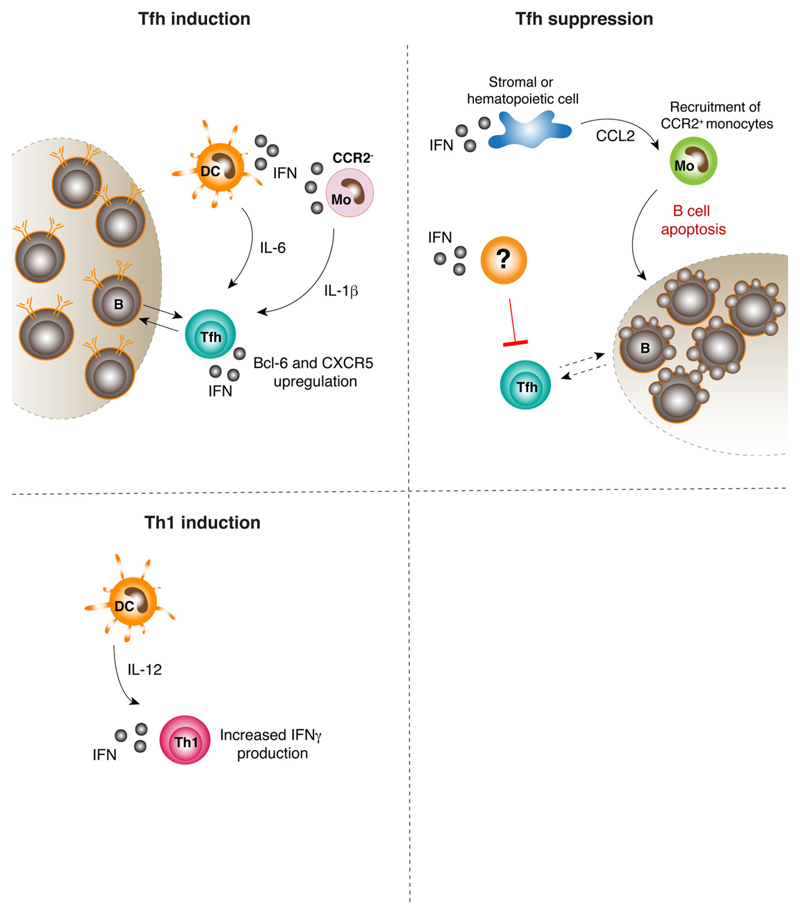Fig. 2. Role of type I IFNs in CD4+ T cell polarization.
Upper left panel. In some settings, type I IFNs can promote CD4+ T cell differentiation into the Tfh subset by acting at different levels. Type I IFN signaling in DCs results in production of IL-6, a Tfh-polarizing cytokine. Type I IFNs induce CCR2− monocytes to produce IL-1β, which also results in Tfh polarization. Finally, type I IFNs sensed by CD4+ T cells play a supportive role in full Tfh differentiation.
Upper right panel. Type I IFNs can also suppress CD4+ T cell differentiation into the Tfh subset, in some settings. For example, upon both acute and chronic LCMV infection, type I IFNs acting on cell types other than CD4+ T cells suppress Tfh differentiation at the onset of the infection. Moreover, type I IFNs released upon LCMV infection result in the production of CCL2 by stromal and hematopoietic cells. CCL2 triggers recruitment of CCR2+ monocytes, which induce LCMV-specific B cell apoptosis, thus potentially impairing full Tfh differentiation.
Lower left panel. Upon Listeria monocytogenes infection, type I IFN signaling in CD4+ T cells can synergize with DC-derived IL-12 to increase IFN-γ production and Th1 differentiation.

